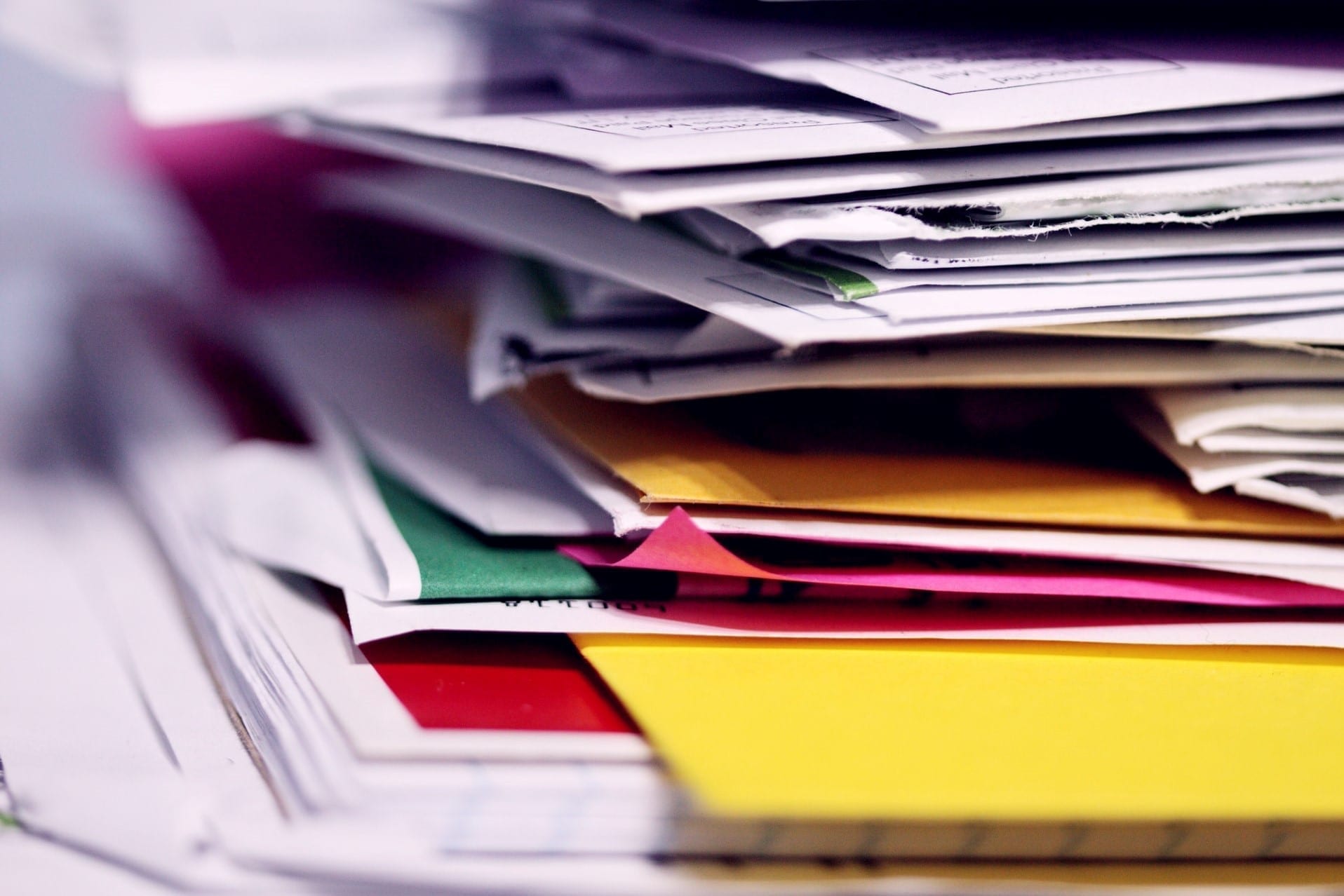People in jail or prison enjoy writing and receiving mail. Mail call is one of the most pleasant parts of their days. News from the outside world keeps them going through the long and monotonous days of incarceration.
By being mindful of a few guidelines, people writing to someone in prison can ensure their letters make it through with the least amount of hassle. Prison staff can cause a prisoner and their friends and family much disappointment by rejecting their letters.
In the ordinary course of a day, all prison mail gets opened, inspected, often scanned and potentially read before it gets delivered to the recipient. (Note that exceptions apply to legal mail and other special mail that prison staff must open in front of the recipient and cannot read.)
Following these tips, which are based on the rules published by state and federal prison authorities, increases the chances that your mail gets through to your friends and family without delay.

Specific Tips for Writing Incarcerated Loved Ones
Some specific tips for writing prisoners include the following:
- write the person’s full name, including their first and last name;
- include their prison ID number or registration number;
- write your name and the return address on the envelope (and also in the letter, in case they get separated);
- choose the correct envelope size;
- avoid perfume, lipstick, etc. on the envelope or the letter;
- other than a limited number of photos, don’t include anything inside the envelope with your letter; and
- don’t decorate the letter in any way avoid glitter, crayons, highlighters, and glue.
Using plain black or blue ink on plain white paper and plain white envelopes is preferable. Plain cards for holidays and birthdays are permitted — the more plain, the better. The more decorative, the more likely the card will be returned to the sender by the prison staff. Avoid fancy cards.
As far as books, magazines, periodicals or newspapers, you cannot send them with your letters. They should come from a bookstore, publisher or distributor (such as Amazon) that will deliver them directly to the prison. State and federal prisons do not accept books, magazines, newspapers, etc., from private individuals or non-listed companies.
As noted above, prison staff inspects all mail. And three-way mail is strictly prohibited. One person cannot mail someone else’s letter to a prisoner.

Another Major Tip: Be Careful With Your Content
Prison staff checks all mail to confirm that the content is appropriate. Even if the staff cannot read everything, there will be spot-checking of content or random checks. Avoid sending sexually explicit, violent or otherwise offensive content or criminal-related material. Avoid sending material that is likely to be perceived as relating to an escape plan, such as a map. Other content to avoid includes anything related to national security threats, material that prosecutors could use against the prisoner in court or confidential court testimony.
As unfair as it may sound, in some cases, prisoners have received infractions when their friends or family members repeatedly attempt to send mail that violates the prison’s mail rules. Follow the rules when sending mail to protect yourself, your friends and your family.
The Takeaway:
Mail call is one of the most enjoyable times for people in prison. But personal mail is also a privilege that prisoners can lose if their friends and family do not follow the prison’s rules.






